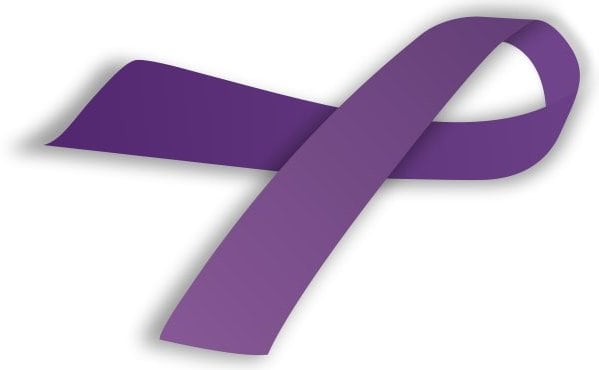To commemorate Domestic Violence Awareness Month, this October, Linda Goler Blount, president and CEO of the Black Women’s Health Imperative, calls for change to make a difference in black communities.
The now-viral video of National Football League (NFL) player Ray Rice punching his soon-to-be wife in an elevator was savage. It was raw. It was painful to watch. Millions of people witnessed this brutal assault because it was caught on tape, but it is one of thousands of incidents of domestic violence and sexual assault that happen in this country not just every day, but every minute of every day.
Although I am sure that Janay Rice never imagined she’d be the poster woman for anti-domestic violence efforts, what happened to her at the hands of her husband is a visual reminder that this is nothing new, but it is seldom discussed. The time has come to not just acknowledge that domestic violence is real, but to deal with it once and for all, honestly and openly.
The rate of domestic violence across the country has a disproportionate impact on African-American women. Nearly 30 percent of all women who are victims of domestic violence are African American and more than 22 percent of women who die from injuries sustained during a domestic assault each year are black.
Yet, we are less likely to seek help or support than our white counterparts and less likely to seek medical attention for our injuries. The sad truth is that homicide, which includes domestic violence, is the second-leading cause of death for black females ages 15–24.
These numbers highlight the need to recognize domestic violence as a women’s health and public health issue that is as important as HIV/AIDS, suicide and breast cancer.
Beyond the NFL
The shocking scene that was caught on tape also cast a light on the domestic violence within the ranks of professional athletes, specifically the NFL. More than 66 percent of NFL players are African American. While we applaud the NFL for creating an advisory group to address this issue and for partnering with credible domestic violence organizations, we remain concerned that there is a lack of cultural competency and understanding of the lived experiences of black women and men.
For example, we know that black women need greater support from their friends and family to leave abusive relationships and maintain their emotional health. Statistics clearly show that black women are less likely to be abused again, show psychological distress, or attempt suicide if they can rely on others for emotional and practical support after an initial incidence of domestic violence.
The Black Women’s Health Imperative is the only national organization dedicated to improving the health and wellness of black women and girls. We have, for 31 years, invested in programs and partners to educate and empower black women to share their stories and amplify their voices in an effort to reduce the silence and shame around domestic violence.
We have implemented programs that teach women to recognize the signs of an unhealthy relationship, advocated for policies that combat violence against women and linked women to resources for help. Our experience with women of color has taught us that cultural competency — a full understanding of the many social and economic issues that expose women to abuse in different communities — is a key component of any communication or program intended to empower women to understand their rights and protect themselves.
While the focus now is on NFL players with multimillion-dollar contracts, we know that the problem of domestic violence is not an NFL problem. It reaches well beyond high-profile athletes and high-income households. But this spotlight does give the NFL an opportunity to put its heft and considerable resources toward work in communities like the ones many of its players come from, to reduce the staggering number of violent acts perpetrated against women.
If the league is sincere in its image-repair work and re-evaluation of its handling of domestic violence among players, it has the opportunity to take the lead, not only during October’s Domestic Violence Awareness observance, but throughout the year. The NFL can set an example for all employers by implementing violence prevention policies and procedures informed by an understanding of the communities most affected.
Keeping women safe and healthy is the Imperative’s mission and we welcome the opportunity to partner with the NFL to empower women to protect themselves and their families from violence.
The Black Women’s Health Imperative is the only national organization advancing the health and wellness of our nation’s black women and girls. Through advocacy and public policy, health education, research and leadership development, the Imperative works to advance health equity and social justice for black women across the lifespan.









